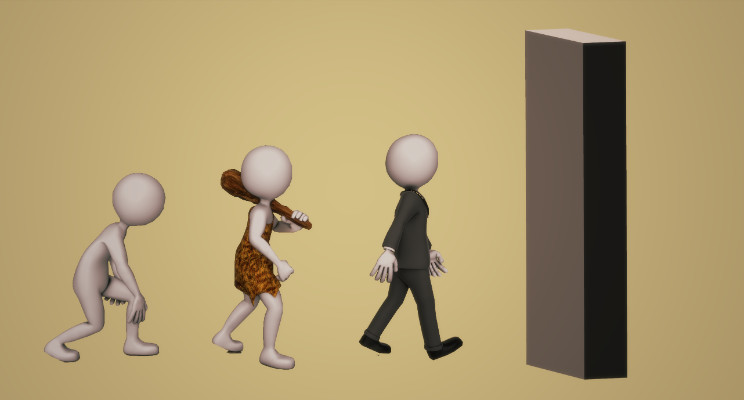PDF of articles here: Are we the New Digital Soylent Green - PDF
("Soylent Green Is People").
Are you ready? Blink and you might just miss this one.
The First Industrial Revolution
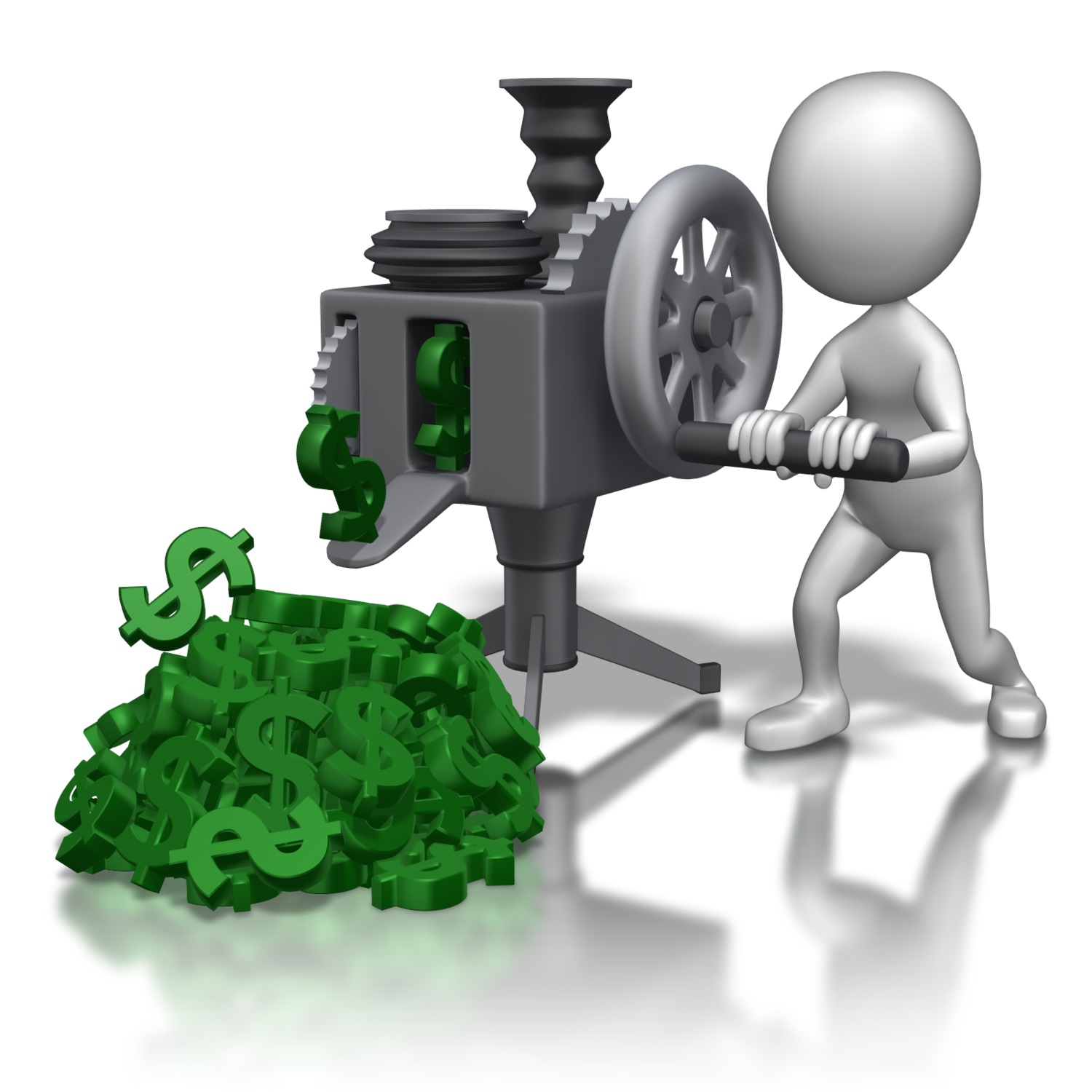
In the 18th and early 19th century, we discovered how to automate and collaborate with machines to change the way society worked. This was assisted by the introduction of the steam engine. The power and the knowledge was fiercely protected by industry to maintain control. Professionals with access to that knowledge were sought and revered.
It was the start of industry so the focus was industry. People could not own personal factories at their home. People were therefore the secondary market.
The Second Industrial Revolution;
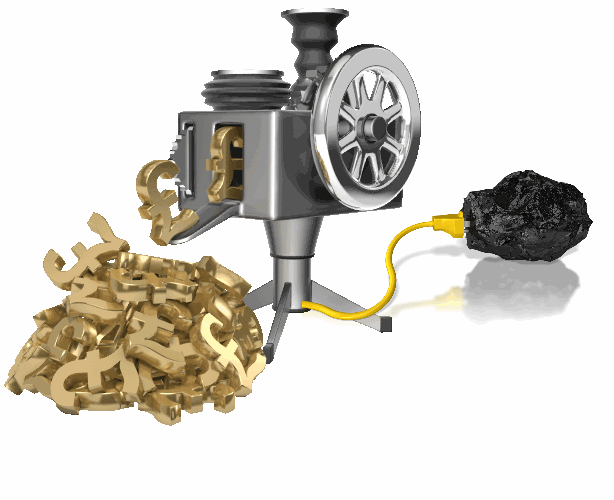
The 19th and early 20th century saw the expansion of automation and the harnessing of electricity, steel and other technologies expanding the power of industry to meet the needs of the people i.e. customers and workers. To further ensure power and the knowledge could be controlled, we saw the introduction of laws and organizations controlled by industry, government and professionals.
This was an expansion of industry so again, the focus was industry. The new machines and tools were not available for home use or home-based businesses. They were controlled by industry for the primary benefit of industrial powerhouses. People were again the secondary market.
The Third Industrial Revolution - or the First Digital Industrial Revolution?
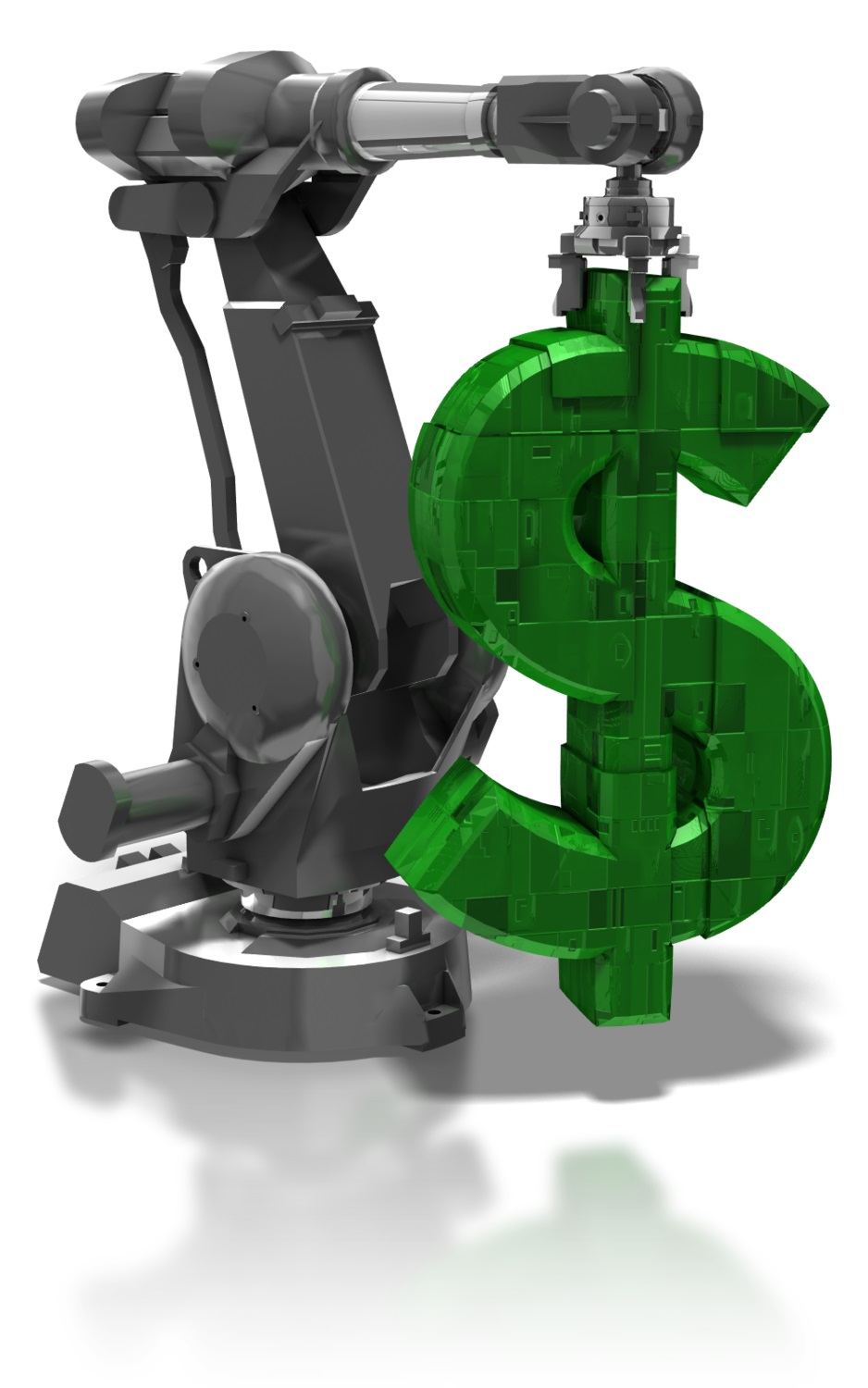
Starting mid-late 20th century until the early 21st century, computers and digital technology expanded at a rapid rate. Although some of these tools were put in the hands of the public, the primary focus for new technology was industry. The access to some of the resulting technology helped spark the next revolution as the public started to gain access to tools and knowledge that had, to this point, been restricted.
It was the start of a Digital Revolution. Again the focus was industry first. People could not own chip manufacturing facilities at their home or install industrial robots to build things. People were the secondary market but this was now driven by a new digital age. It was more than factories and mass manufacturing. The things being manufactured propelled us towards the day when people could become the primary market for new technology.
The Fourth Industrial Revolution - or the First Digital Revolution and the First Digital Evolution?

Technology, biotechnology, computing power, software and manufacturing is now being targeted at industry and people simultaneously. This is no longer an Industrial Revolution as its focus is not just on industry. It is no longer just a revolution as we move into AI, Biotechnology and more. We are hurtling towards the first Digital Evolution.
For thousands of years, humanity edged forward (then backwards in the 'Dark Ages') before reaching the First Industrial Revolution. This lasted almost two centuries before the changes marked the Second Industrial Revolution which lasted almost another century. The Third Industrial Revolution was less than a half a century old before we needed to 'invent' another. Now we have moved through a Digital Revolution that has bypassed industry; it places power in the hands of people in the blink of an eye, followed by what can only be described as the Dawn of the Digital Evolution. Now technology replaces biology, encompassing everything from implants and enhancements to AI.
In previous revolutions, we were the watchers and overseers. Unions were formed to ensure workers' rights. Regulations and safety codes were created to protect workers' lives. Laws were created to protect everything including our privacy.

Above all, we monitored what was happening and made decisions on what was right and wrong. This led to obvious abuses by those in power but the will of the people still had some impact on the powerful. As with everything, human greed and other fallibilities made for an imperfect world but we never took our eye off the ball, so to speak. During the Third Industrial Revolution, the most powerful men in the world met to prevent an escalation of power and divide that brought us closer than ever to annihilation. In a world that was facing a rapid evolution of digital technology, people made the ultimate decisions. That meeting of East and West gave us the famous words
'Trust but Verify'.
Knowledge is powerful and has been controlled, used and misused by those in government, industry and professional spaces throughout these Industrial Revolutions, dating back to the dawn of humanity. Those who knew how to build tools, tell stories or make fire were those in control. Now there is instant access to all knowledge with the command 'Siri..., Alexa… or Google…,' is power back in the hands of the people? Or, to quote a Japanese proverb;
“Knowledge without wisdom is a load of books on the back of an ass.”

I looked that up on Google. I have no idea if it is true… but it sounds good. And it is on the internet so it must be true!
We live in a world of fake news and social engineering through social media. Technology and simple AI such as Siri, Alexa, Google etc. are the fountain of all knowledge, despite the known algorithmic and data driven bias. Ironically, in a world based on science, we no longer question... we blindly accept the all-knowing black box. Now that is ирония in its truest form. Who just pasted ирония into Google?!
We may no longer need 'experts' to gain knowledge but we should never lose sight of the need to apply wisdom to that knowledge. After all, what is fake knowledge without wisdom!?
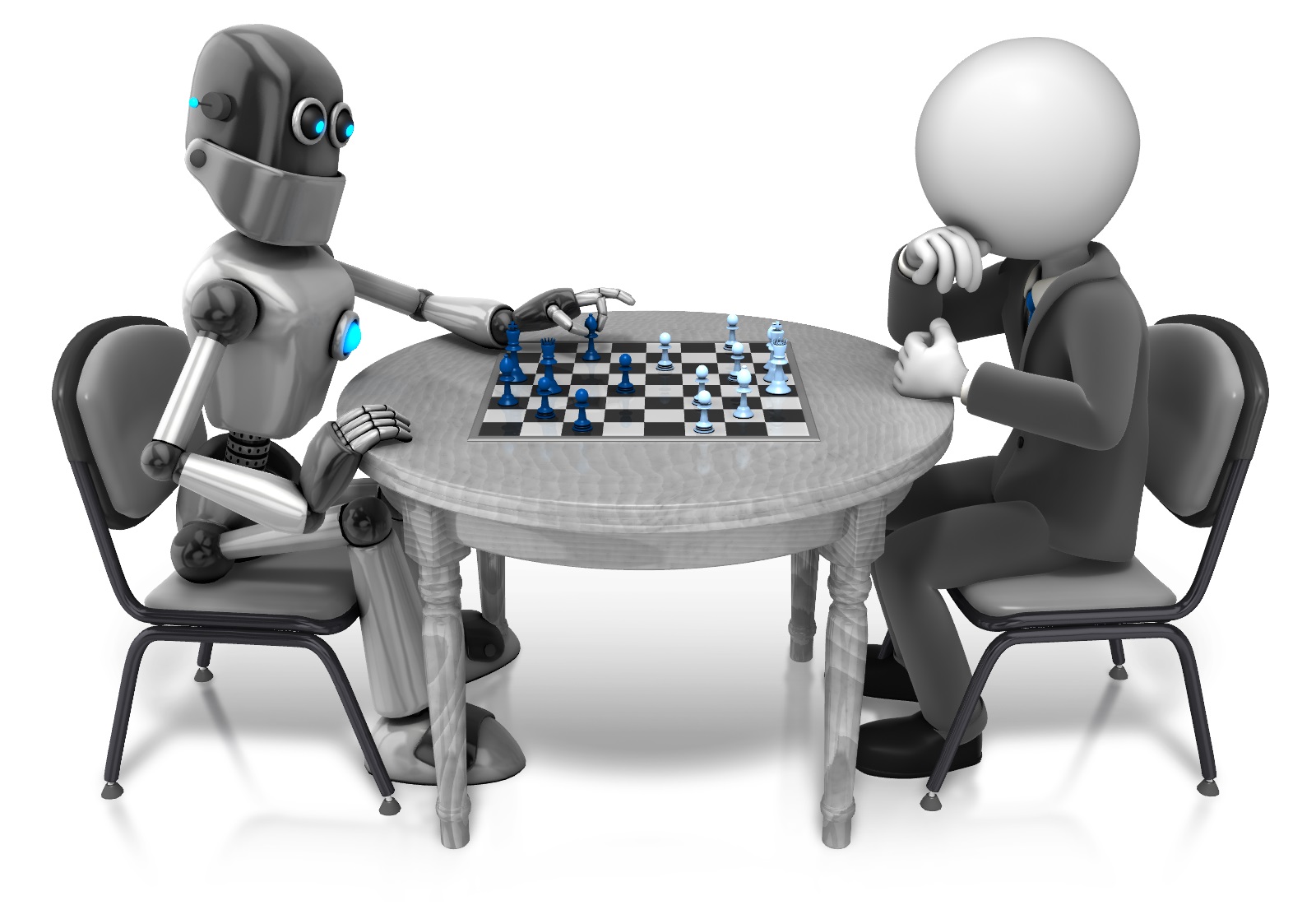
The role of the 'expert' is changing from font of knowledge (or keeper of the keys), to purveyor of wisdom and filter for the truth. As consultants, professionals or 'experts', our role is changing. Our clients are no longer uninformed, they do not lack knowledge and they do not assume we are all seeing and all knowing to be believed without question. This is a good thing but it comes at a price. We now have to filter the good from the bad, the fake from the real and not only be knowledgeable but be able to demonstrate the application of that knowledge with wisdom.
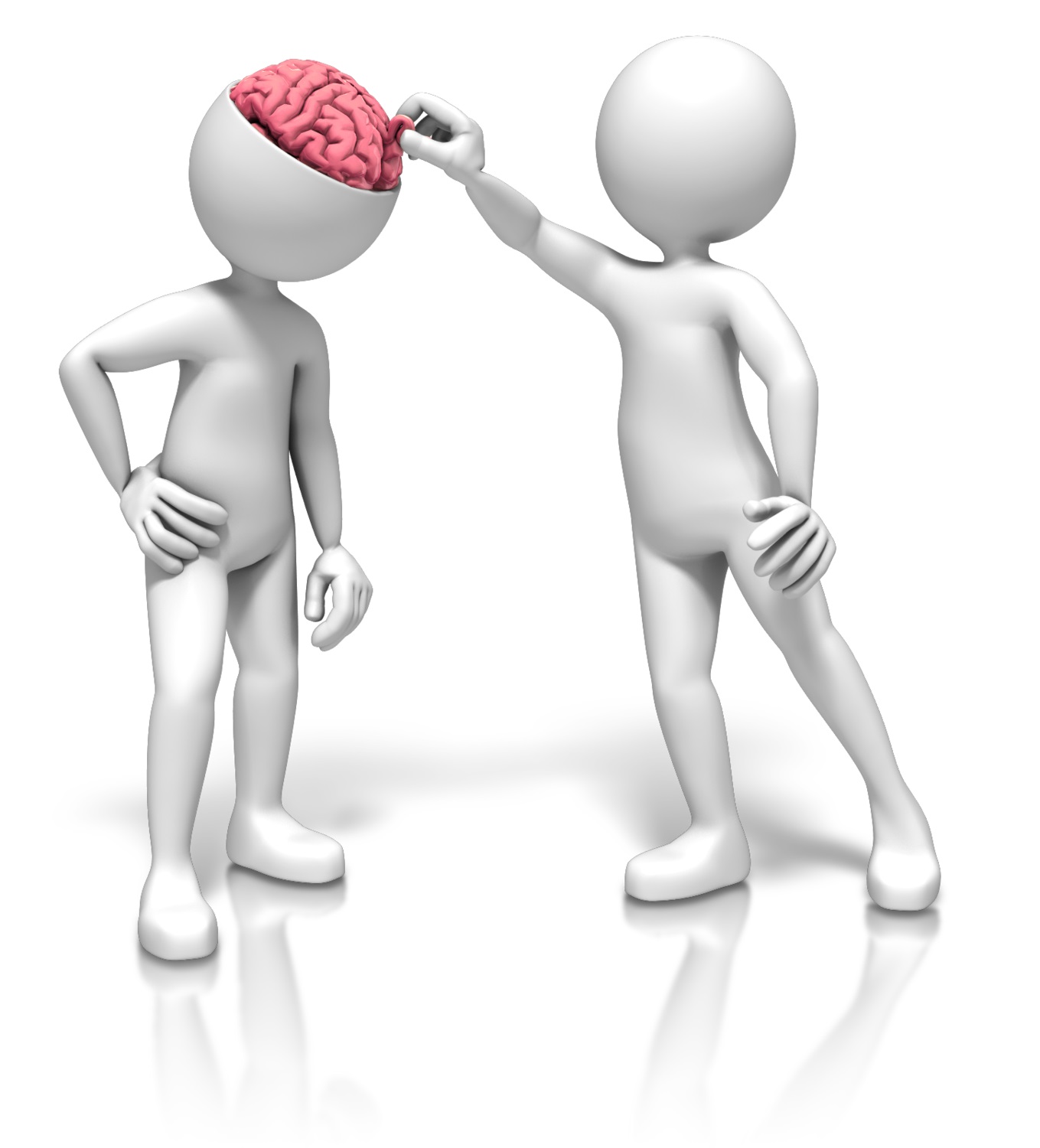
The age of consultant, professionals and 'experts' will not be replaced with the coming of AI and the evolution of the digital information age. However, it will be forever changed. We must adapt quickly or be swept away in a tsunami of unchecked information.
We need to be the child from the Han's Christian Anderson's, Keiserens Nye Klæder (The Emperor's New Clothes).
When confronted with the latest technological attire, have the wisdom and courage to exclaim;
'He hasn't anything on!'
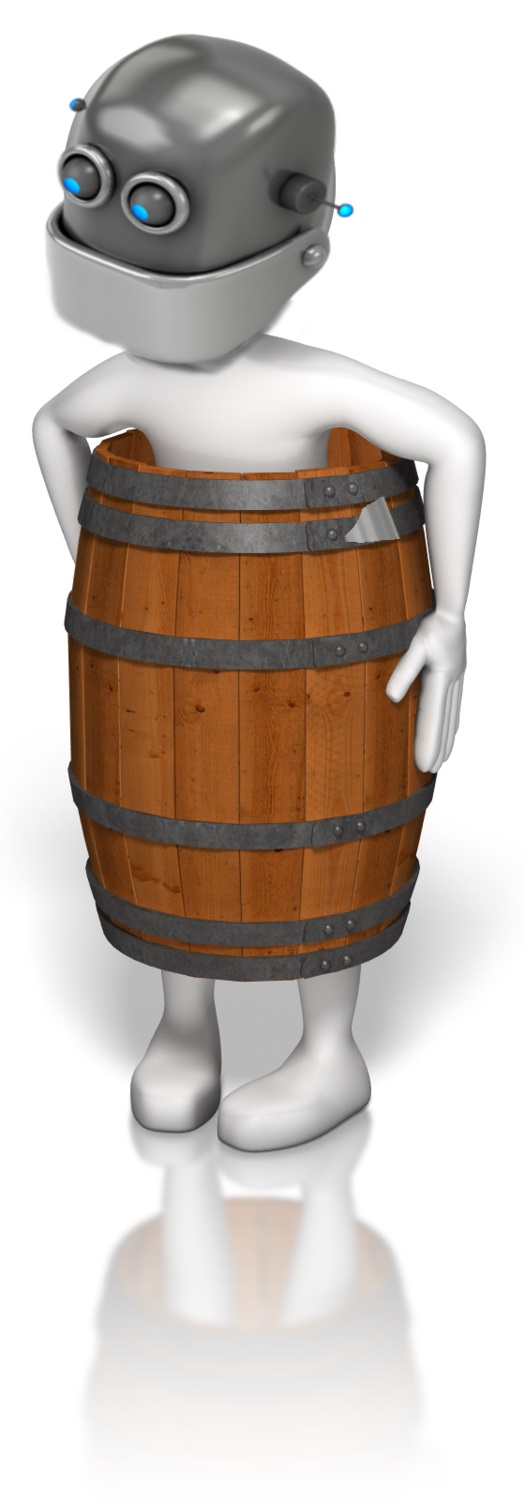
The First Digital Evolution is upon us. Blink and you just might miss it. The access to knowledge is back with the people. But are they ready for that responsibility? Blind faith in technology will not set us free. More likely it will enslave us to the new digital keepers of knowledge and wisdom. Maybe when I post this article, it will be rejected by a chatbot saying;
“I'm sorry, Dave, but I'm afraid I can't do that”.
 David Dickson is a Consulting C.E.O. and owner at DKS DATA
David Dickson is a Consulting C.E.O. and owner at DKS DATA
(www.dksdata.com). Our Services
Remember to eat your Soylent Greens.
